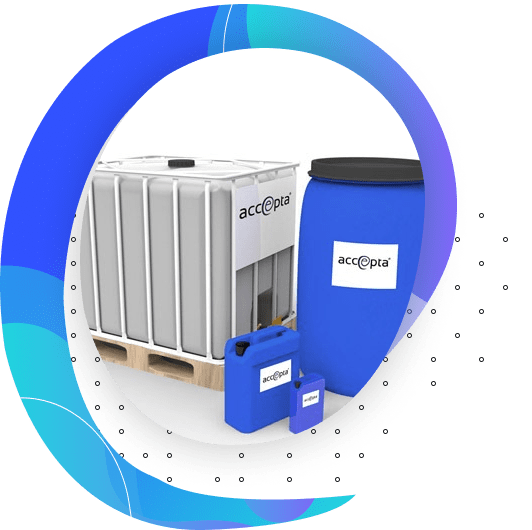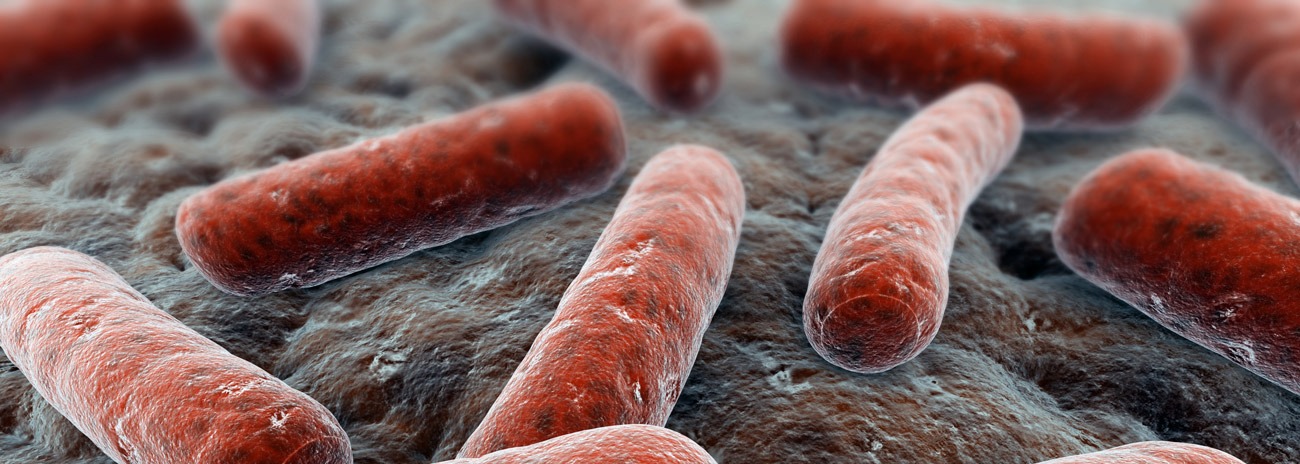Cooling System Scale & Corrosion Inhibitors
The unwanted accumulation of scale and detrimental impact of metallic corrosion can be significant issues that affect the operation and maintenance of open and closed cooling water systems including evaporative condensers.
See Products


